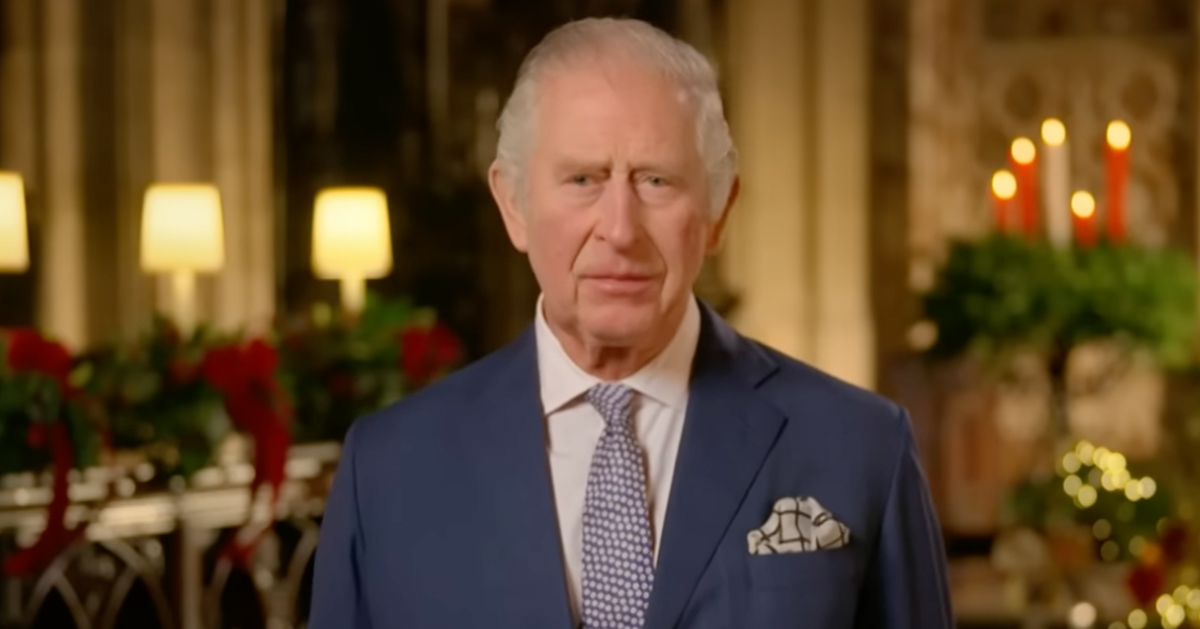Morris: Canada's Kamala — Harris Allegedly Fabricates Her Way to Career Progress
Vice President Kamala Harris faces scrutiny over her alleged manipulation of personal and political narratives to bolster her appeal among various voter groups, Fox News reported.
This article examines accusations against Kamala Harris for supposedly tailoring her identity to gain political advantage, particularly during her rise to the vice presidency.
The Origins of the Controversy
At the core of the critique is the assertion that Kamala Harris has crafted a persona that overly aligns with marginalized groups. This strategy, critics argue, has been pivotal in her political journey. Harris's positions, particularly visible during the 2020 presidential campaign, often showcased a stark shift from her previous stances.
Previously known for her stringent law enforcement policies, Harris's advocacy for defunding the police and granting voting rights to felons marked a significant pivot. Such shifts have fueled allegations of inauthenticity, suggesting a tactical repositioning rather than a genuine evolution of beliefs.
Early Life and Contradictions
Harris's childhood stories also come under scrutiny. She often recounts participating in civil rights protests as a young child, a narrative that critics compare to anecdotes shared by Martin Luther King Jr., hinting at potential plagiarism. Her upbringing in Westmount, an affluent Montreal neighborhood, further complicates her claims of experiencing racial and economic hardship.
The disparity between the socioeconomic status of her childhood environment and her public assertions of struggle paints a complex picture. Westmount's reputation as one of Canada's most economically segregated areas juxtaposes sharply with Harris's narrative of her early life challenges.
Professional Background and Public Perception
Kamala Harris's professional journey is equally fraught with debates over authenticity. Her role as a tough-on-crime prosecutor contrasts with her later political stances, complicating public perceptions of her ideological consistency. This dichotomy has led to skepticism about her political integrity and the authenticity of her advocacy.
Additionally, her decision to join Joe Biden as his vice-presidential running mate—after previously accusing him of racist policies regarding busing—has been seen by some as a strategic, rather than moral, alliance.
Identity and Representation
Harris's fluctuating accents and self-presentation have also been topics of discussion. Critics argue that these perceived shifts in identity are part of a broader strategy to resonate with diverse electorates, further complicating the public's understanding of her true self.
The manipulation of identity for political gain, as alleged, brings questions about the authenticity of political representation to the forefront. Glynda Carr, CEO of Higher Heights for America, suggests, "Her multiple identities are actually her superpower at this moment," highlighting how Harris's varied persona may be seen as a strategic advantage.
Conclusion: Weighing the Implications
In conclusion, the allegations against Kamala Harris for constructing a politically expedient identity cast a shadow over her career achievements. From her early life in a privileged neighborhood to her variable political stances and personal narratives, the discourse surrounding Harris is fraught with questions of authenticity and political maneuvering. As such, the implications of these criticisms are significant not only for Harris but for public trust in political figures.





